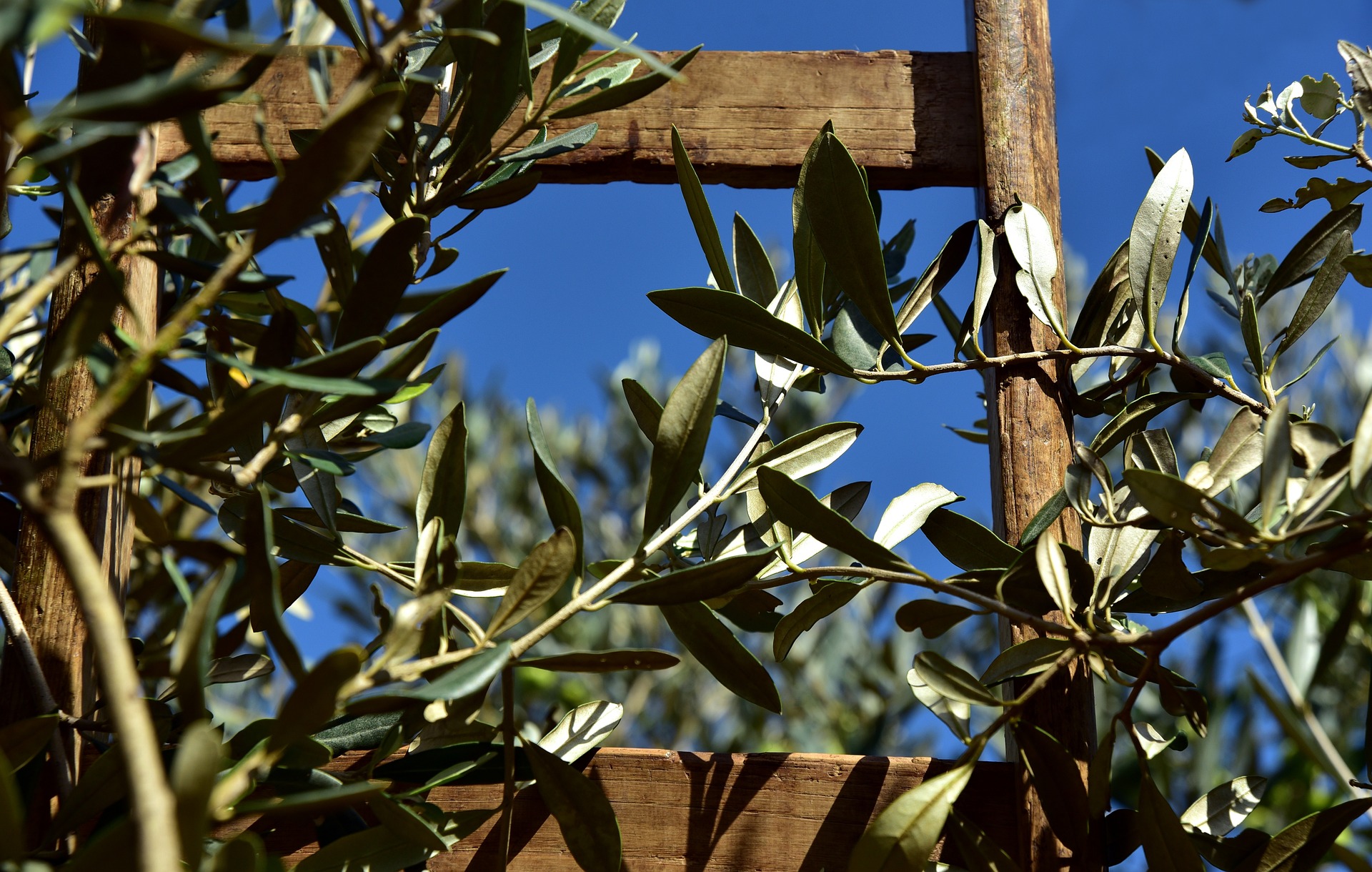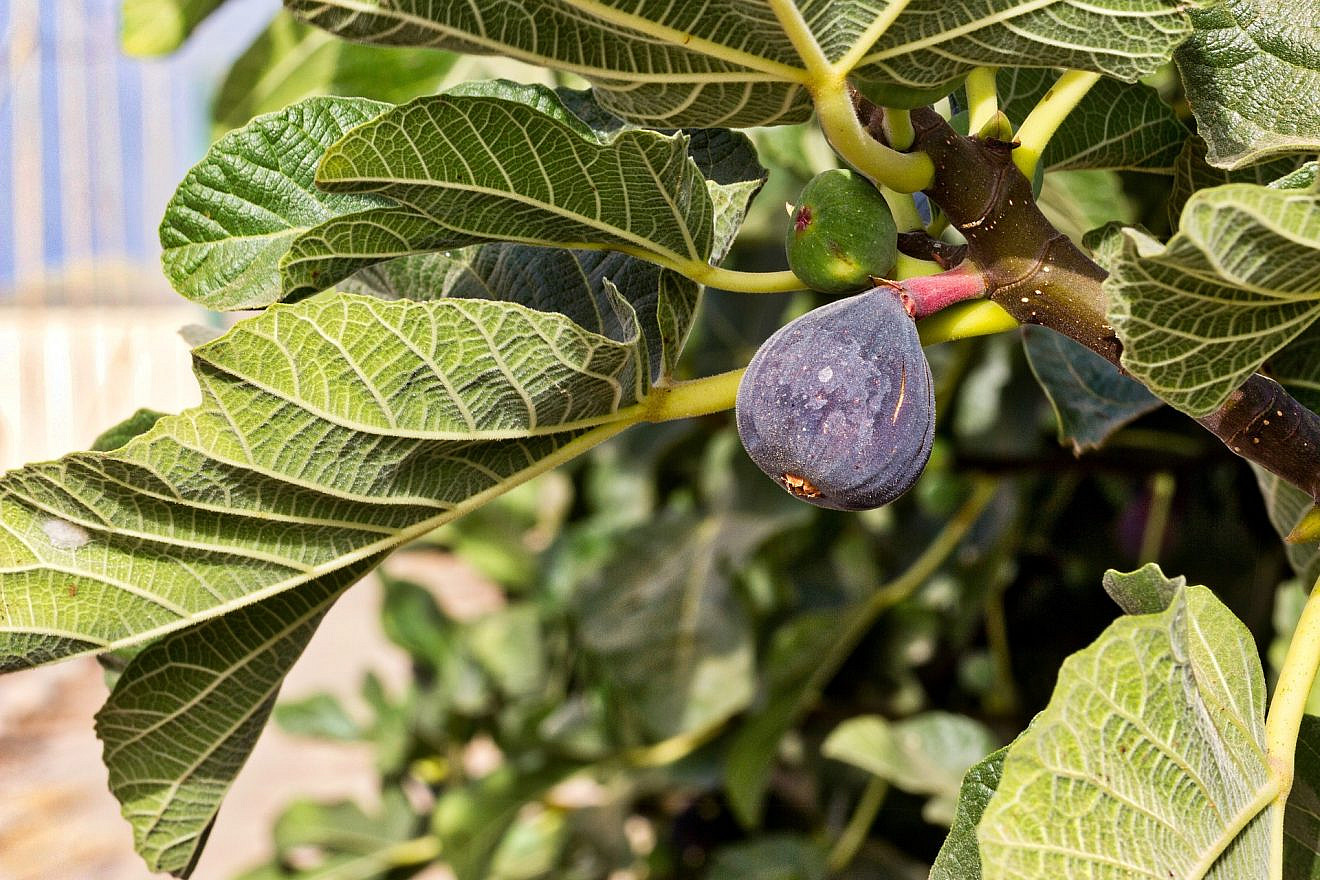I remember once teasing a friend whose birthday is on Tu B’Shevat, the New Year for Trees. I told him: “Make like a tree and grow up!”
Tu B’Shevat, literally the 15th of the Hebrew month Shevat, will be observed this year on Thursday, Jan. 25. Historically, there was halachic relevance to the date regarding tithes, Bikkurim, the first fruit offerings, etc. Today, its observance is mainly symbolic and includes such traditions as eating fruit, particularly the fruits of the holy land—olives, dates, grapes, figs and pomegranates—and not giving eulogies or reciting Tachnun, the confessional prayers, in the daily services.
But there is a wealth of symbolism to this day and many lessons for human behavior. The source linking trees to humans comes from Deuteronomy 20:19, ironically, in the laws of warfare. The Torah teaches us not to destroy fruit trees wantonly, even on the battlefield. Is the tree like your human enemy? asks the verse. Indeed, to this day, we continue to practice ethics and morality, including during intense warfare—South Africa’s accusations to the International Court of Justice notwithstanding.
But that scriptural verse can also be construed as a statement of fact. “Man is as the tree of the field.” Indeed, this interpretation has inspired many a commentary on the similarities between trees and people and the numerous lessons we can learn from trees. Let me share a few of my favorites.
There are three structural elements to a tree, especially a fruit tree: the roots, the trunk and the fruit.
The roots, from which every tree is nurtured, represent our forebears, particularly our parents and grandparents who nurtured us and have had such a powerful influence on our growth, upbringing and personal value systems.
The trunk is, of course, the main body of any tree expressing its fundamental identity. It represents the person, himself or herself.
And the fruits symbolize our progeny—our children and grandchildren, who grow and are sustained by us, and then go on to live their own independent lives.
Alternatively, according to the Lubavitcher Rebbe, the roots are our faith; the trunk is our own good deeds and Torah study; and the fruits are the positive impacts we have on our family, friends and broader spheres of influence.
And our roots are long and deep. They go back to the very beginnings of history, and our patriarchs and matriarchs—as far back as Abraham and Sarah. We may be implanted in the ground, but we can reach upwards; the sky’s the limit; and when we are inspired by our history, traditions, teachers and role models of the past, we are able to produce fruits that nourish and sweeten the world—that is, our own strong, positive values and way of life.

Another idea the Rebbe often borrowed from trees was a message on the vital importance of educating our children. When it comes to a fully-grown tree, a scratch on the trunk will cause little damage. But if someone scratches the body of a young sapling, it can have devastating effects and leave a massive scar as the tree grows. Similarly, the formative years of a child require exceptional sensitivity and great care as we would give a sapling. A child is so sensitive and absorbs every experience, which then has long and lasting effects on their character and development. We really do need to be so careful when educating our young children, in particular.
Trees also present a symbol of continuity down the generations.
The Talmud tells the story of a very righteous man named Choni Hama’agal, who once saw an elderly man planting a carob tree.
“How long will it take for this tree to bear fruit?” asked Choni of the old man.
“70 years,” said the man.
“What? Do you think you will live so long to enjoy the fruit of this tree?”
“I found carob trees in this world,” said the old man. “Just as my predecessors planted trees for me, so do I plant trees for those who will follow me.” (Taanit 23a)
It may take many years for the trees we plant to develop and become productive, but we must ensure our generational continuity for eternity.
So however you choose to celebrate Tu B’Shevat—whether as Arbor Day, Earth Day, or you will plant a tree in Israel—let us remember the importance of our trees, for the ecosystem and for all the important lessons we learn from them.
(Happy Birthday, Ilan!)


























